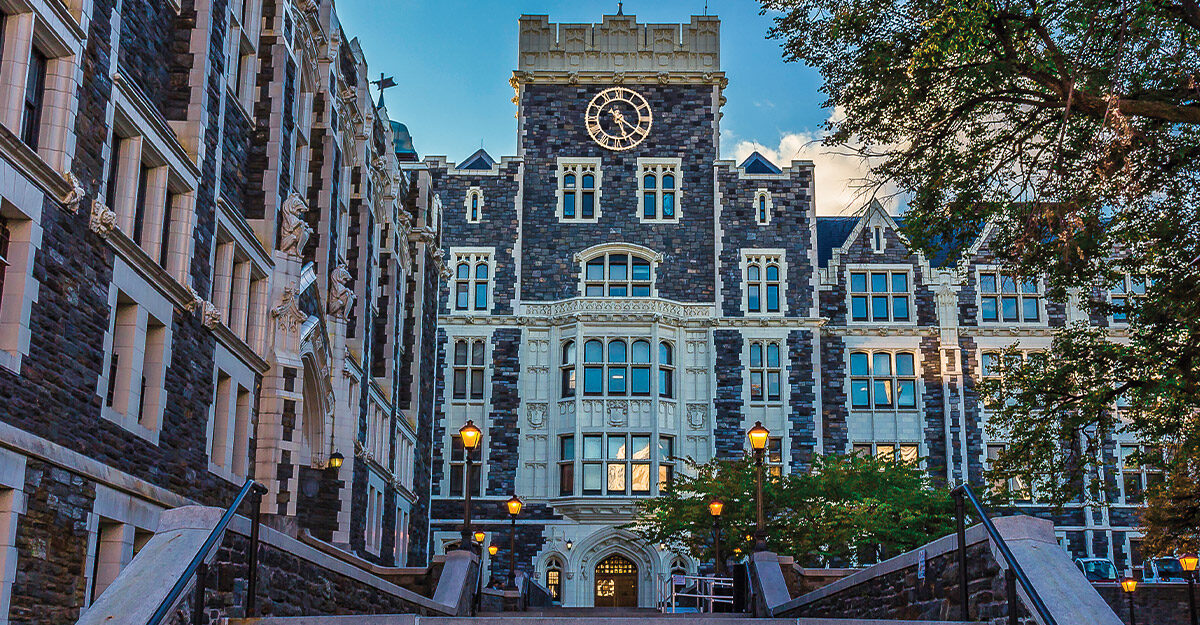Selden Tenzing
Professor Killebrew
English 21003
March 8th, 2021
Scientific Rhetorical Analysis Report
Introduction
The journalistic article “The Impact of Climate Change on Cultural Security” by Dominika Krupocin and Jesse Krupocin discusses how it is not only the environment that is being harmed but also people and their unique identities. We only hear about how the ice caps are melting and how the ecosystems are being destroyed but never about the cultural aspect. Culture aspect/security refers to protecting the values, principles, needs, and heritage. There are very few who choose to research cultural security. Generations of culture are in danger because of climate change especially those who live in islands and coastal cities. Due to the rising sea levels, the cultures that inhabit these areas are at risk of disappearing without a trace. Their language, art, history, and identity will be lost forever. Nothing will be left, and it will be as though they never existed. Climate change not only takes people’s lives but also creates a lot of conflict and violence. Since recourses are in scarcity people turn on each other and it becomes every man for themselves. This results in innocent people losing lives over things we cannot control.
Authors
Dr. Dominika Krupocin is an expert in this topic because she has a Ph.D. in national and cultural security. This builds her credibility since she has been studying this topic for years. She is responsible for research operations administration, management of grants and contracts, and research project management. She finished all her schooling in Poland. As for Jesse Krupocin it only states that she attends Rutgers University. I could not find any other articles that both have published.
Purpose
The purpose of this article is to educate people about the overlooked effects of climate change. There has always been an emphasis on the environmental effects but not how they can relate to migration, conflict, and identity. They are both equally important and need to be presented to the people so that they can see these patterns and how they interconnect with each other. That is why they want to be informative to the public.
Stance
They don’t take a firm stance because they want to provide a non-comprehensive overview of how climate change can affect cultural security. They present their arguments and findings on the topic.
Audience
The audience of this piece is vast because they discuss so many issues from climate change to culture to conflicts. This topic attracts a variety of people it could be anyone from age 18+. Since I found this article in Jstor I would assume college students would be it’s main demographic. This could also attract climate activists, linguists, historians, librarians, and people who are currently at risk of losing their identity to climate change.
Text/Genre
This article is a scientific text and is a journalistic article. It was written in the “Journal of Strategic Security” which was published by the University of South Florida Board of Trustees.
Setting
This was published in 2020. It does not give a specific month, but we all know how crazy 2020 was from beginning to end. The authors do not specify any time or place it was written. This can help us understand the effects of climate change better and how to combat them since we now know how people are being affected. The current events during 2020 started with the US strike on Iraq than the COVID-19 pandemic. The pandemic would have affected the moment of communication since it was online, and everyone was locked at home.
Work Cited
Krupocin, D., & Krupocin, J. (2020). The Impact of Climate Change on Cultural Security. Journal of Strategic Security, 13(4), 1-28. doi:10.2307/26965515


